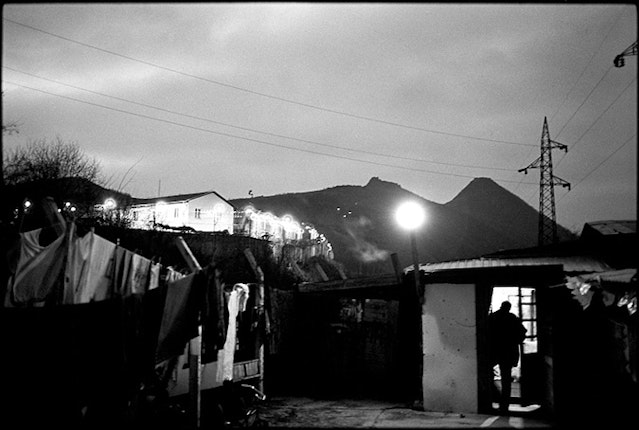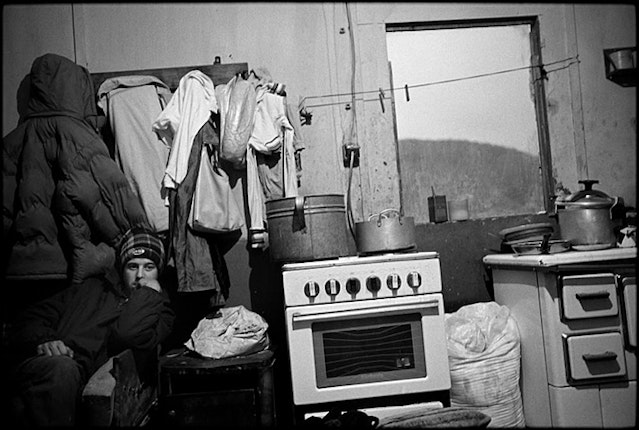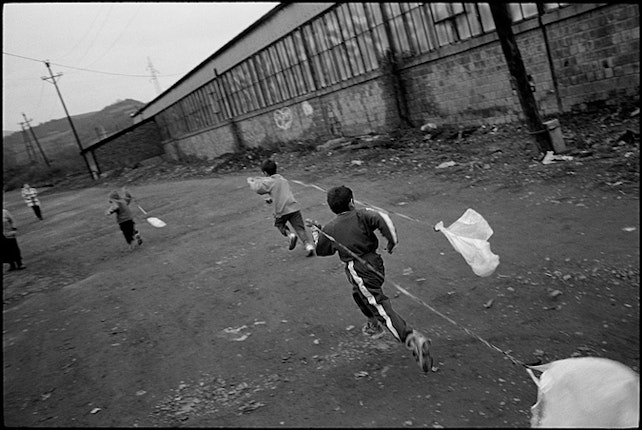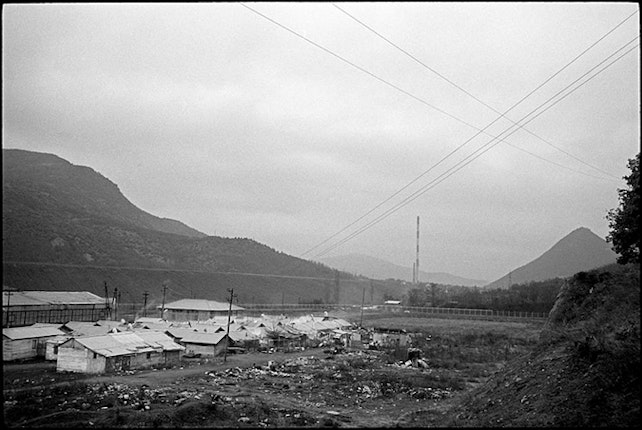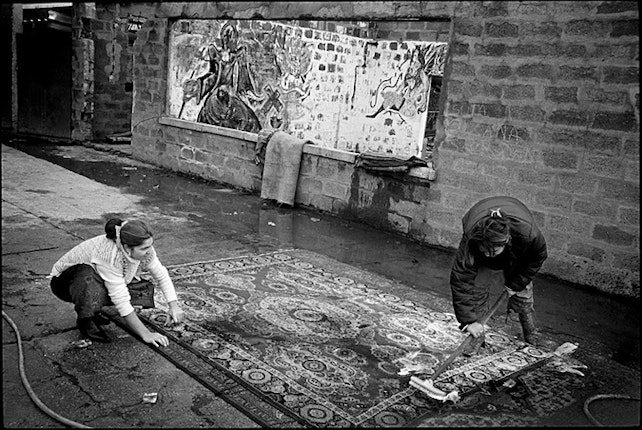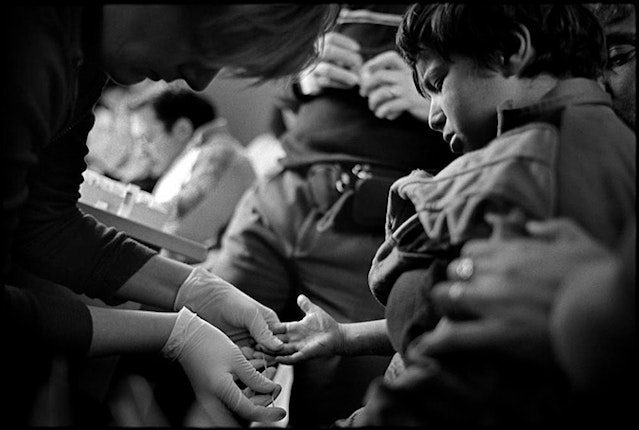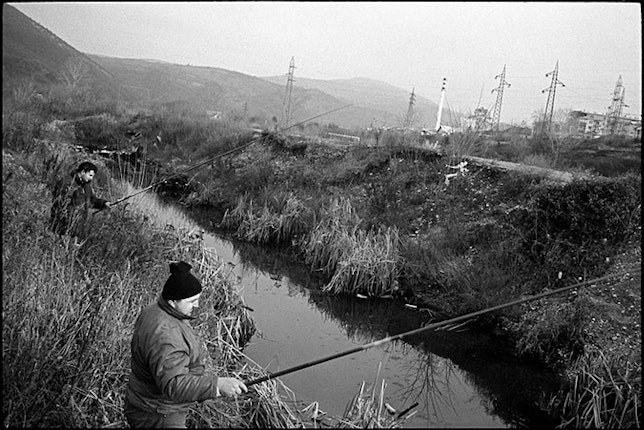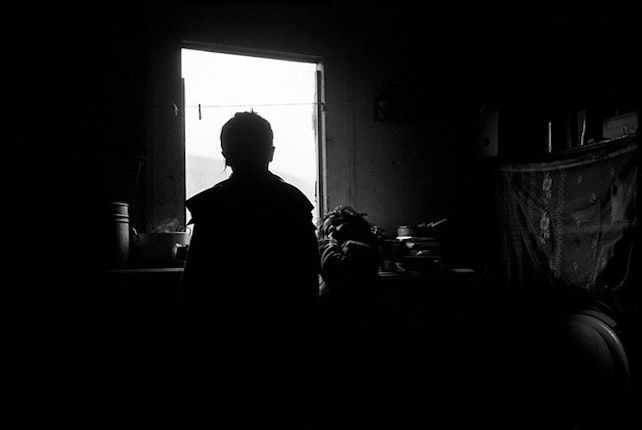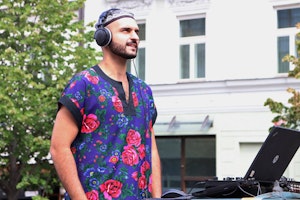We Are Roma
For generations, Roma families living in mahalas (neighborhoods) in the Balkans have passed down their houses to relatives through informal means. It is uncommon for these inheritances to be properly registered or to have official legal titles.
These same families often forgo registering the birth of a child with local authorities, as the cost of obtaining a birth certificate can be prohibitive. Without official identification documents or legal claims to their property, Roma families in the region are at increased risk of statelessness. Their problems are only exacerbated by the decades of conflict that have plagued the Balkans.
The Roma of Mitrovica are but one example of this problem. In June 1999, more than 4,000 Roma from this city in northern Kosovo fled their homes in order to escape violence between ethnic Albanians and Serbs. Many of the Roma were subsequently resettled by the United Nations in refugee camps. Although the camps were intended to be temporary, many Roma who live there have no legal documents to establish their identity or prove their residency. Without them, the Roma encounter enormous obstacles in returning home.
The problem only worsened when Kosovo declared its independence in February 2008. The Roma now living in refugee camps can neither prove their previous legal residence in Kosovo nor meet the necessary requirements to obtain citizenship in Montenegro.
The Open Society Roma Initiatives Office work to help undocumented and stateless Roma throughout Europe.
